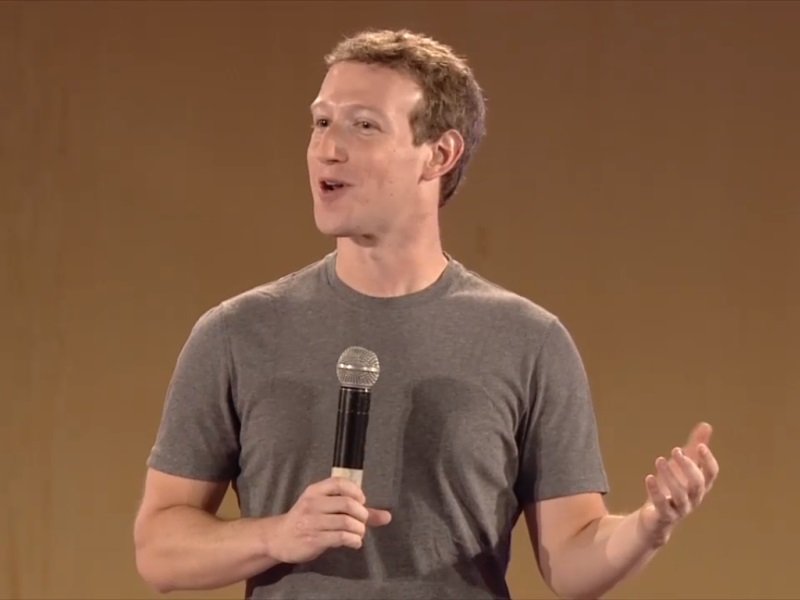For all those people tired of unwanted invitation to play Candy
Crush, Facebook founder Mark Zuckerberg on Wednesday said his team is
working on finding a "solution" to the problem.
Addressing
his first Townhall in India, Zuckerberg was questioned by a member from
the audience as to how they could stop getting invitations to Candy
Crush.
While the question received a huge cheer from a 1,000-strong audience, Zuckerberg looked a bit surprised at the query.
"This
is why such townhalls are so useful. This was the top voted questions
on our thread. So I sent a message to the person who runs the team in
charge of our developer platform and I said by the time I do this
Townhall Q&A? I think it would be good if we had a solution to this
problem," he said.
(Also see: Facebook CEO Turns On Charm Offensive, Slams Net Neutrality Activists)
There were some tools that are outdated,
allowing users to send invitations to people who have already received
the requests in the past and those who don't play games on Facebook.
"...if
this is the top thing that people care about then we'll prioritise that
and we'll do it. So we're doing it," he said without disclosing further
details.
Users across the globe have complained and even signed online petitions demanding that Candy Crush notifications be blocked.
During
the Townhall, Zuckerberg also talked about future of the Oculus Rift
virtual reality system, artificial intelligence and the controversial
Free Basics programme.
He cited the example of using artificial
intelligence to describe a picture to a visually impaired user, so that
they could also engage on the platform.
Zuckerberg, who on his
arrival in India visited Taj Mahal at Agra on Tuesday, on Wednesday went
for a morning jog at the sprawling India Gate lawns.
"I went for a
run in Delhi around India Gate this morning with Chris Daniels, head of
Internet.org, Ime Archibong, who runs Internet.org partnerships and a
few members of our Facebook team," he wrote in a post.
Zuckerberg's
trip to India comes after a visit to Tsinghua University in Beijing
where he delivered a 20-minute speech in Mandarin, a language he has
been studying since 2010.
 EU Backs Microsoft's $69 Billion Takeover of Call of Duty Maker Activision Blizzard16 May 2023
EU Backs Microsoft's $69 Billion Takeover of Call of Duty Maker Activision Blizzard16 May 2023 Activision Blizzard Eyes Call of Duty: Modern Warfare 2 to End Sales Slump as Firm Reports 14 Percent Drop in Q3 Revenue8 November 2022
Activision Blizzard Eyes Call of Duty: Modern Warfare 2 to End Sales Slump as Firm Reports 14 Percent Drop in Q3 Revenue8 November 2022 500 Drones Light Up New York Sky to Celebrate Candy Crush's 10-Year Anniversary4 November 2022
500 Drones Light Up New York Sky to Celebrate Candy Crush's 10-Year Anniversary4 November 2022 Activision Blizzard Shareholders Vote in Favour of Report on Employee Abuse, Discrimination22 June 2022
Activision Blizzard Shareholders Vote in Favour of Report on Employee Abuse, Discrimination22 June 2022 Microsoft Acquires Activision Blizzard: 5 Reasons Why This Is the Company’s Biggest Deal Ever19 January 2022
Microsoft Acquires Activision Blizzard: 5 Reasons Why This Is the Company’s Biggest Deal Ever19 January 2022

![Gadgets 360 With Technical Guruji: News of the Week [April 26, 2024]](https://c.ndtvimg.com/2025-04/5ucuv89c_news-of-the-week_160x120_26_April_25.jpg?downsize=180:*)













